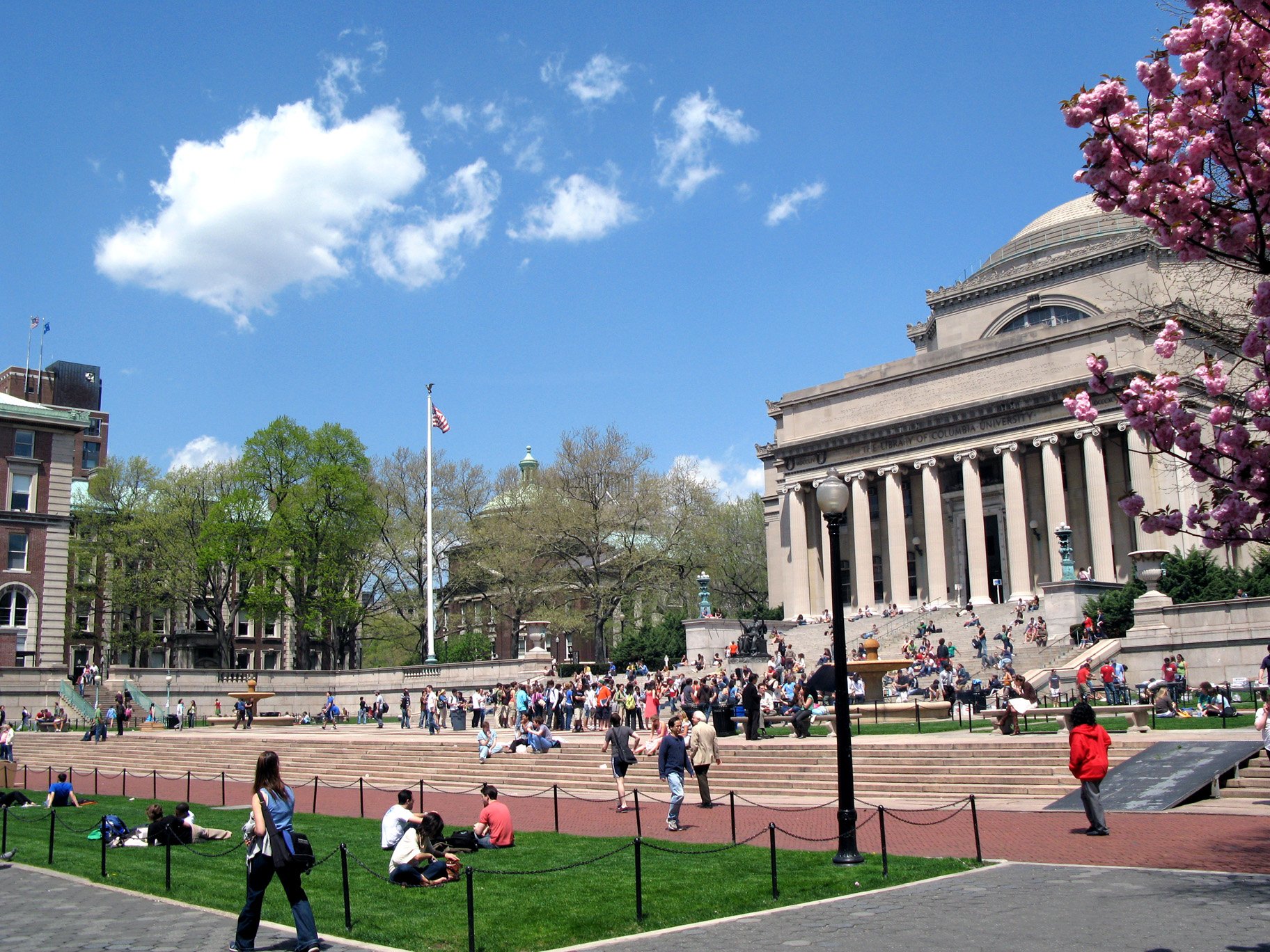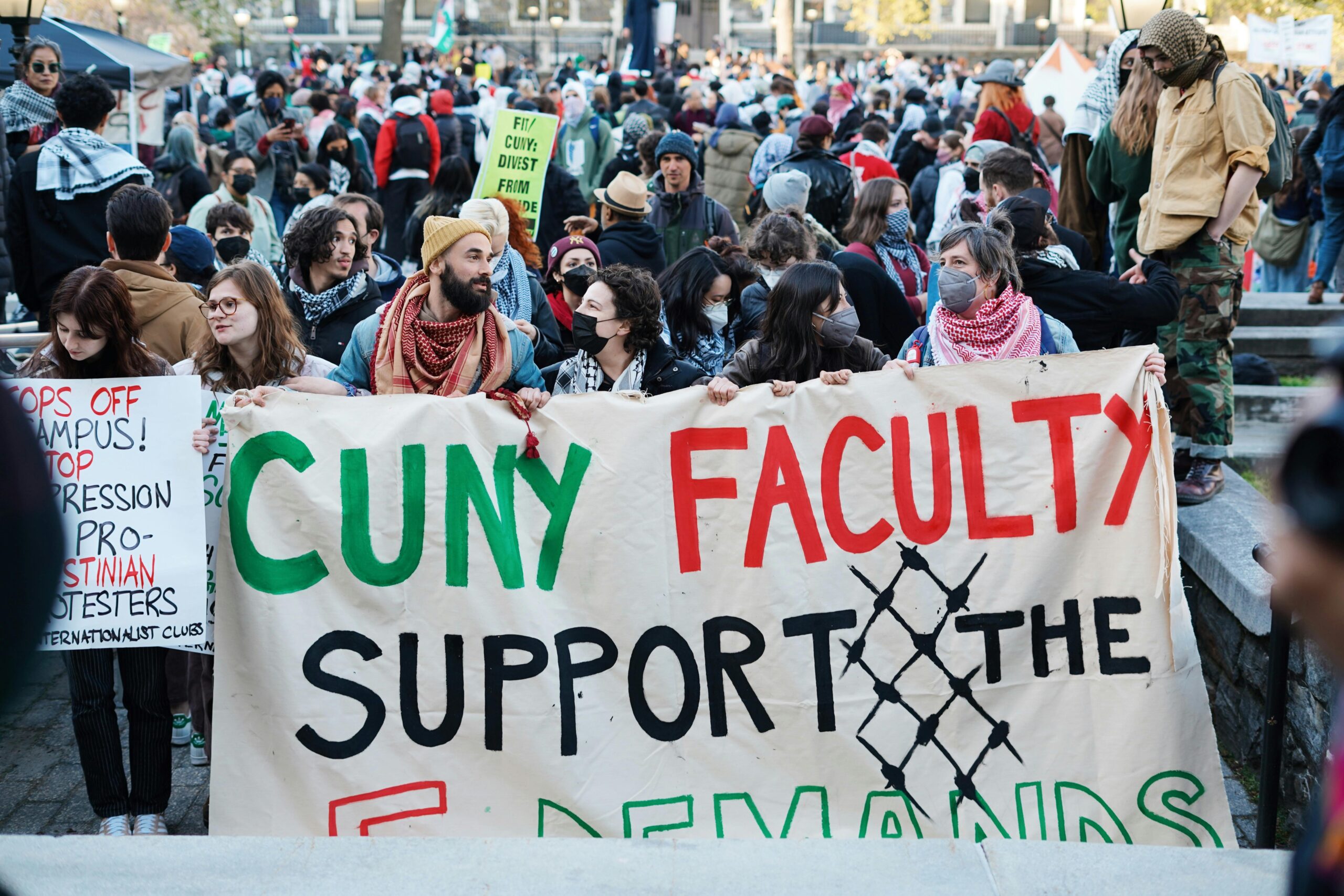When I arrived at Yeshiva Ner Yaakov, my post high school yeshiva in Eretz Yisrael, I was greeted by a large mound of construction debris. Clearly, the building the yeshiva had rented was not ready! I never knew the whole story until I read the details in a book, “At His Rebbe’s Side,” by my cousin, Rabbi Nachman Seltzer.
In 1993 the yeshiva moved from Har Nof to Katamon, renting a building that had been used as a school for many years. Unbeknownst to the yeshiva, the building was located in a residential area that was not officially zoned for a school. When the neighbors heard a yeshiva with a larger population was moving in, they filed an injunction with the court, which halted all work on the building. This was one week before opening day! Rabbi Liff, the rosh yeshiva, met with his lawyer who told him the odds were not good. The date of the court case was Friday the 10th of Elul and the plane with the boys from America was arriving on the following Sunday!
Rabbi Liff met with Reb Shlomo Zalman Auerbach the morning of the court case and asked him for a bracha and advice. He told Rabbi Liff, “We must daven.” The person presiding was Judge Eliyahu ben Zimra, who opened up by saying to the courtroom that he had been living in Katamon for 15 years and no one had objected to the building being used as an educational center in the past! He then proceeded to ask many questions. How much money did the yeshiva already invest in the building? When is opening day? Are there other options?
Judge Ben Zimra ordered a two-hour recess, during which Rabbi Liff took Rav Auerbach’s advice: he davened the entire time. Judge ben Zimra returned and asked the courtroom, “What is the essence of a yeshiva?” Answering his own question, he quoted the passage in Maariv that says (in the Ahavas Olam paragraph), “…beshachveinu uv’kumeinu nesiach bechukecha v’nismach b’divrei Torahsecha…. ki heim chayeinu v’orach yameinu uvahem nehgeh yomam valayla”—when we lie down and when we get up we will discuss Your decrees and rejoice with the words of your Torah for they are our life and the length of our days and we will meditate about them day and night…” This refers to Torah being studied both day and night, which would include studying and davening in both the home and the yeshiva.
Since it is natural to study and daven in the home, the judge concluded, “I see no legal impediment for the building to be used the way a Jewish home is supposed to be used: for Torah and tefillah.” The judge proceeded to write a legal brief that would be used by other yeshivas for their zoning issues in residential areas.
In Parshas Shoftim, we learn a similar point. The Torah instructs a person who kills someone accidentally to move to an “ir miklat”—a city of refuge. He must leave his family and home and remain there as long as the current kohen gadol is alive. The Torah says “vchai—so that he may live.” The Gemara tells us that the Torah is indicating the essentials of an ir miklat. There must be food and water, plus no weapons may be sold in the city, to ensure the safety of its inhabitants. In addition to all the basic human physical needs, the Gemara says the rebbe of the accidental killer must move to the city of refuge with him! This is because the Torah learning taught by his rebbe is what gives a person life. Similarly, if a rebbe kills someone accidentally, his entire yeshiva must accompany him to the ir miklat.
A home is not only a place for nourishment, nurture and basic physical needs, but it’s also where our souls are nourished. The Jewish home needs to provide both types of nourishment. Echoing Judge Ben Zimra in his verdict, a Jewish home needs to be a place for Torah learning and prayer.
Postscript to the story: When Rabbi Liff left the courtroom, he immediately called Rav Auerbach. It was 2:30 Friday afternoon. Rav Auerbach’s grandson answered and said, “My grandfather has been waiting for your call. He’s been davening the entire day from the moment you left the house this morning.” When Rav Auerbach said “we must daven,” he meant not just Rabbi Liff but himself as well. That degree of leadership and support is a sign of a true rebbe.
May our learning and davening in the month of Elul, in our homes and yeshivas, serve to our credit for a healthy and prosperous New Year.
Rabbi Baruch Bodenheim is the associate rosh yeshiva of Passaic Torah Institute (PTI)/Yeshiva Ner Boruch, where he leads a multi-level Gemara-learning program. PTI has attracted adult Jews of all ages from all over northern New Jersey for its learning programs. Fees are not charged but any contributions are always welcome. Beyond PTI, Rabbi Bodenheim conducts a weekly beis midrash program with chavrusa learning in Livingston plus a monthly group in West Caldwell. Rabbi Bodenheim can be reached at [email protected]. For more info about PTI and its Torah classes, visit www.pti.shulcloud.com.













